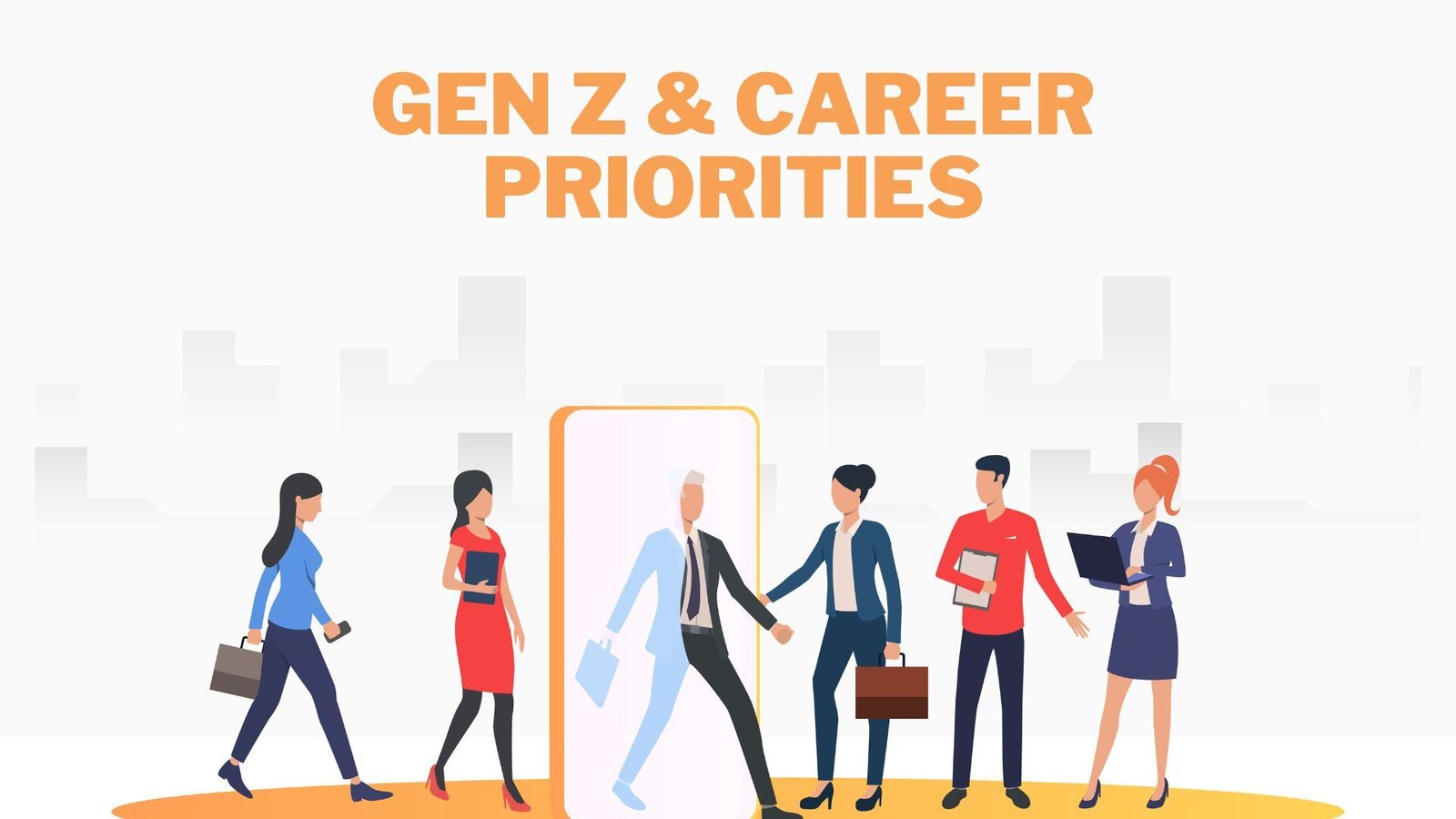
Generation Z brings a fresh set of strengths to the workplace. They’re digitally fluent, innovative, and quick to adapt, but employers are noticing a growing issue: Gen Z’s soft skills gap. These are the abilities that make someone a strong communicator, team player, and problem-solver—the kind of skills that turn ideas into action and help careers grow.
Growing up in a screen-dominated world has left many young professionals struggling with interpersonal skills and workplace dynamics. We spoke to both Gen Z workers and experienced employers to understand why this soft skills gap exists, what skills are missing, and how they can close the divide.
The Gen Z Soft Skills Gap: What’s Really Happening?
It’s not just hearsay—research confirms it. A 2024 Harris Poll for Fortune found that 82% of managers say their Gen Z hires need extra time, support, and training to develop soft skills. The issue isn’t laziness—55% of Gen Z workers (per a 2024 H&R Block report) plan to learn a new skill within the next year. The real problem? How they were prepared (or not) for professional life.
Gen Z grew up in a digital-first world, adapting to rapid tech changes and new ways of working. Many entered the job market during or right after the pandemic, missing out on internships and in-person mentorship. Without these experiences, it’s no surprise they feel unprepared in areas like communication, teamwork, and problem-solving—skills older generations picked up naturally.
“Our younger hires are tech wizards—they’ve transformed our digital systems—but face-to-face communication? That’s another challenge,” says business owner Danielle Yates, who works with cancer patients. “Some struggle with eye contact or showing empathy during sensitive conversations, which is crucial when working with people undergoing chemotherapy.”
Gen Z understands the root of the issue. “We’ve had smartphones since middle school—tech is second nature to us,” says Brooke Webber, a Gen Z marketer. “But that also meant less in-person interaction growing up, which is where soft skills really develop.”
Webber believes universities share the blame. “Colleges focus so much on technical training that they forget the basics. Soft skills should be mandatory—my community college communications class gave me a huge edge.”
Read this next: [5 Ways Students and New Grads Can Prepare for the Job Market]
Soft Skills in Gen Z: What’s Missing and Why It Matters
As the workforce changes, each generation brings different strengths. While data doesn’t pinpoint exactly which skills Gen Z lacks, we know which soft skills are universally crucial for success.
So, what’s missing? Based on soft skills research, here are the key areas:
1. Communication Skills
Find the right job for you
Let The Muse match you with a company that fits your goals. First, pick your career path:
- Marketing
- Sales
- Data
- Human Resources
- Customer Service
- Software Engineering
- Product Management
- Education
- Design and UX
- Administration
Gen Z often freezes in real-time conversations. Years of texting and social media shaped their communication style—but these don’t prepare them for high-pressure meetings or resolving conflicts with coworkers.
Younger employees may find face-to-face or phone conversations awkward, which can hurt team dynamics and client relationships. “In our field, we work with clients facing emotional challenges like cancer treatment,” Yates says. “Empathy and active listening are just as important as technical skills.”
2. Problem-Solving and Critical Thinking
Gen Z excels at finding answers (thanks, Google!), but that doesn’t always mean solving complex workplace problems. “Problem-solving isn’t about having instant answers—it’s about being resourceful and open to learning,” Webber says. Employers want stronger critical thinking and comfort with ambiguity.
3. Teamwork
Gen Z grew up in a world where independent work (solo school projects, personal branding) was common. But in the workplace, teamwork means navigating different personalities, communication styles, and sometimes, clashing ideas.
Young professionals should push themselves to engage in brainstorming, ask for peer input, and seek feedback. Employers can help by encouraging team-building activities and setting clear collaboration expectations.
4. Leadership
Yes, leadership matters even in entry-level roles. Taking initiative, motivating teammates, and making smart decisions can set Gen Z apart early on.
Despite their entrepreneurial drive, some hesitate to lead in group settings. Leadership isn’t about being the loudest—it’s about guiding a team with empathy and accountability. To grow this skill, Gen Z should speak up, take ownership, and seek mentorship.
How Gen Z Can Improve Soft Skills
The good news? Soft skills can be learned. As Brooke says, “Growth comes from discomfort. If something scares you—like speaking up in a meeting—that’s a sign you’re on the right track.”
Actionable steps:
- Practice in real-world settings. Yates’ company uses role-playing to help employees handle tough client interactions. “It’s better to make mistakes in training than with real clients,” she says.
- Embrace feedback. Constructive criticism is key—whether from a mentor, manager, or colleague. (Here’s how to take feedback like a pro.)
- Join collaborative projects. Cross-functional work or professional groups build teamwork and networking skills.
- Use online learning. Don’t just focus on tech skills—look for soft skills training too.
What Can Universities and Employers Do?
Closing the gap isn’t just on Gen Z. Schools and companies must step up. “We need mandatory courses on professional communication,” Webber says.
LinkedIn’s 2024 Global Talent Trends report shows 69% of U.S. execs prioritize hiring for soft skills, especially transferable ones. With Gen Z making up 27% of the workforce by 2025, companies must adapt.
Employers can help by adding soft skills training to onboarding. “When experienced employees mentor younger ones, it builds trust and collaboration,” Yates says.

